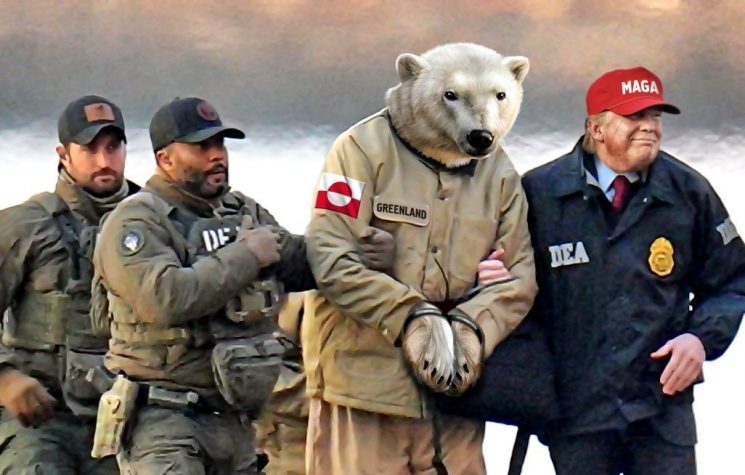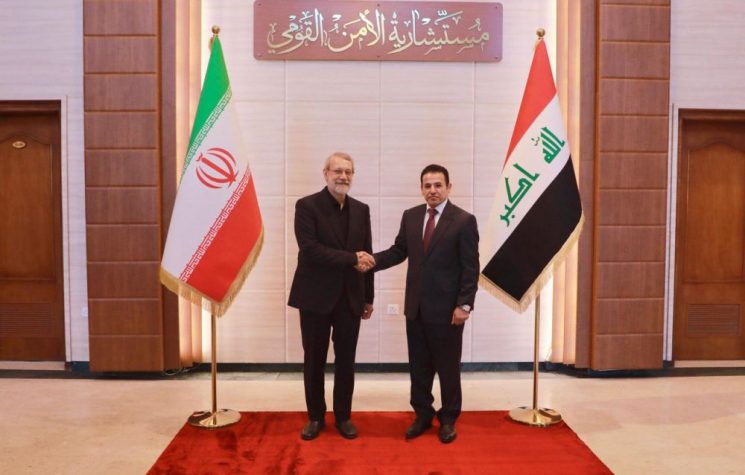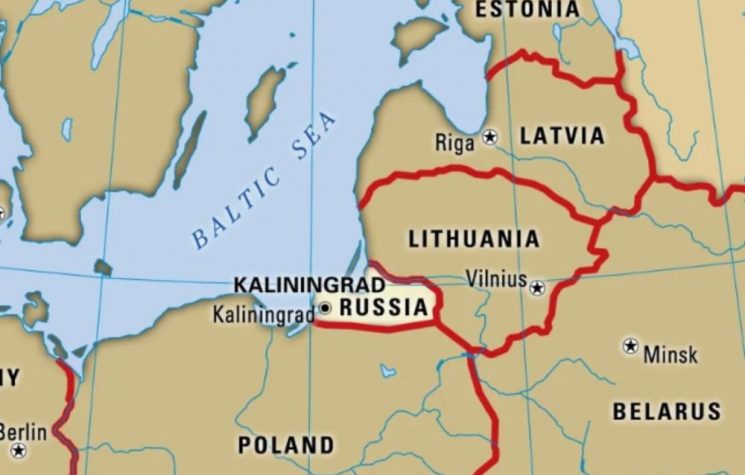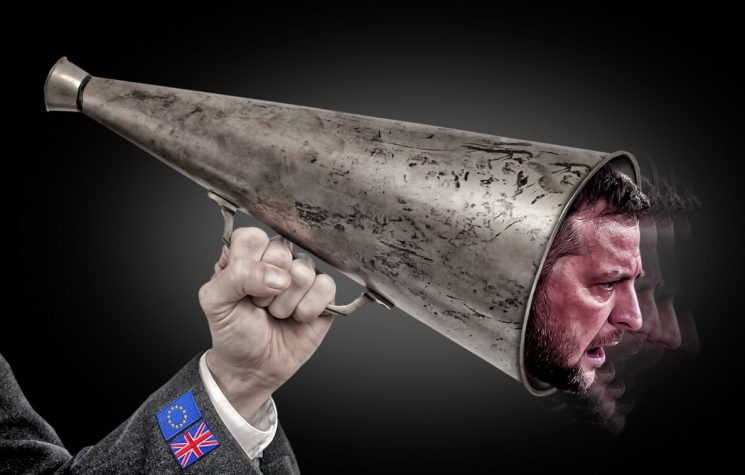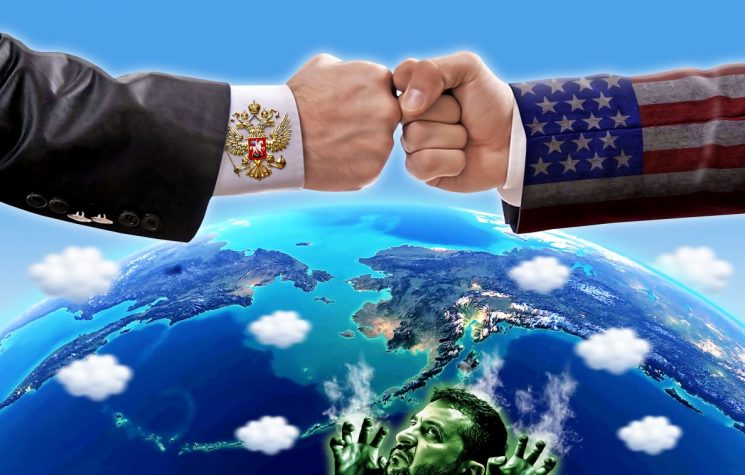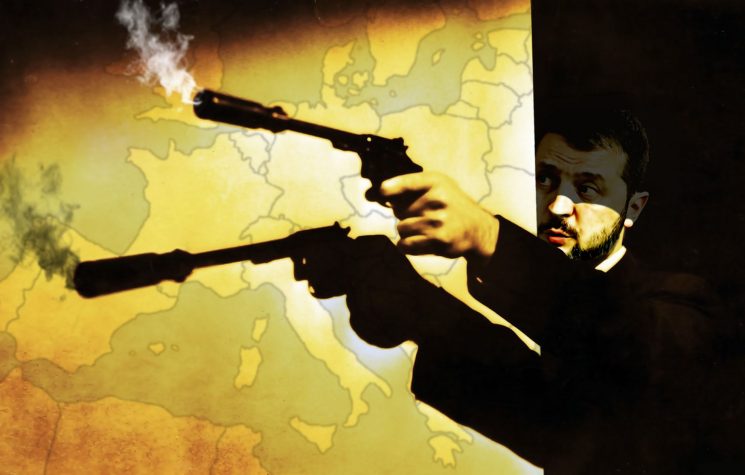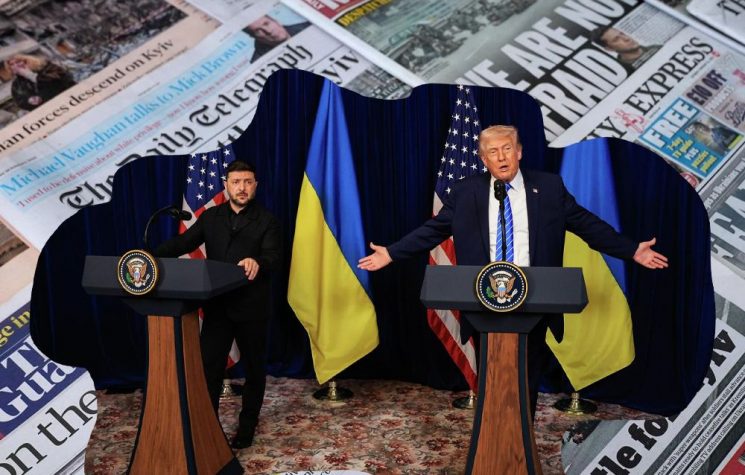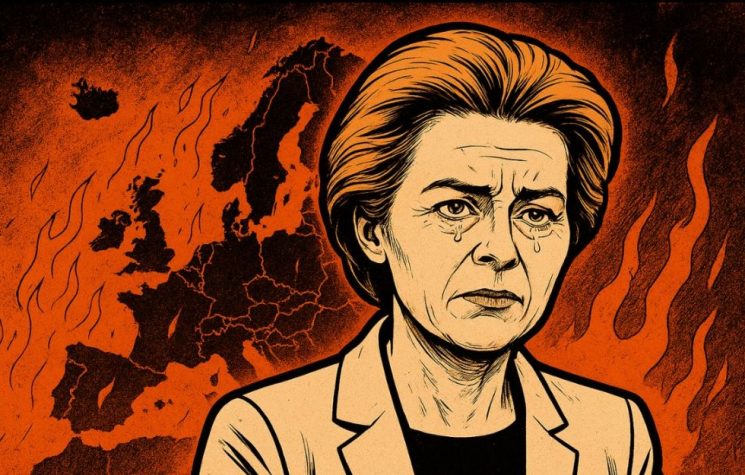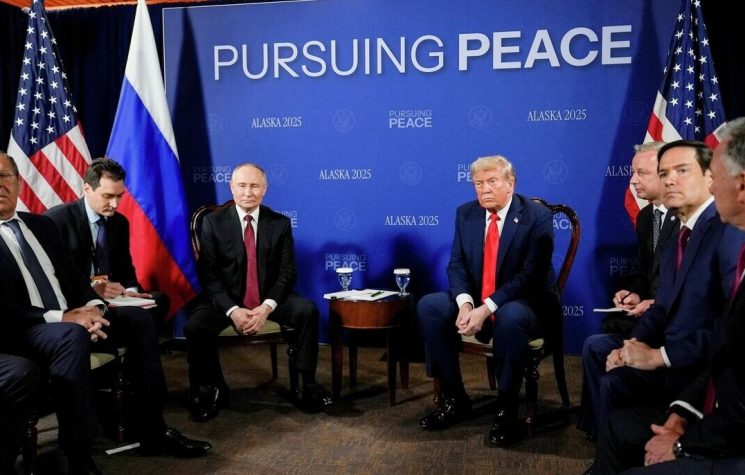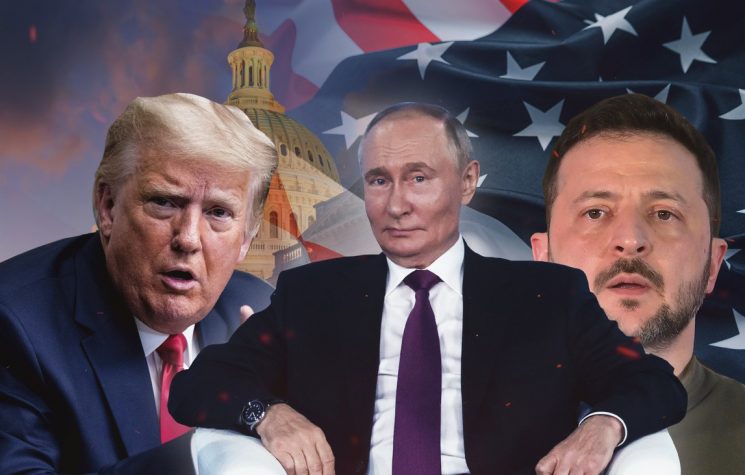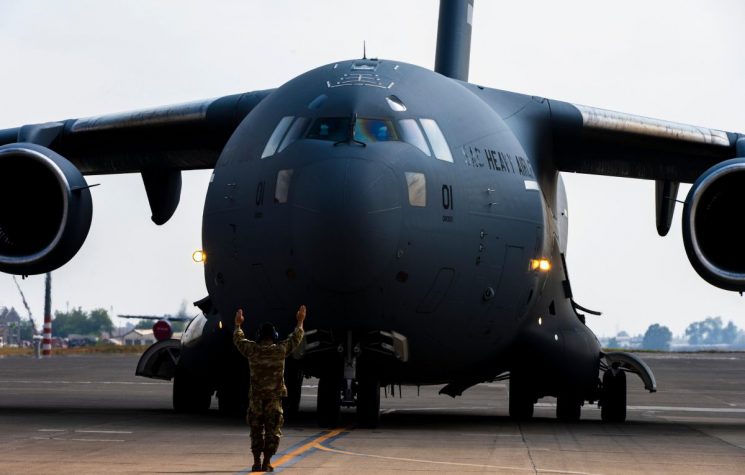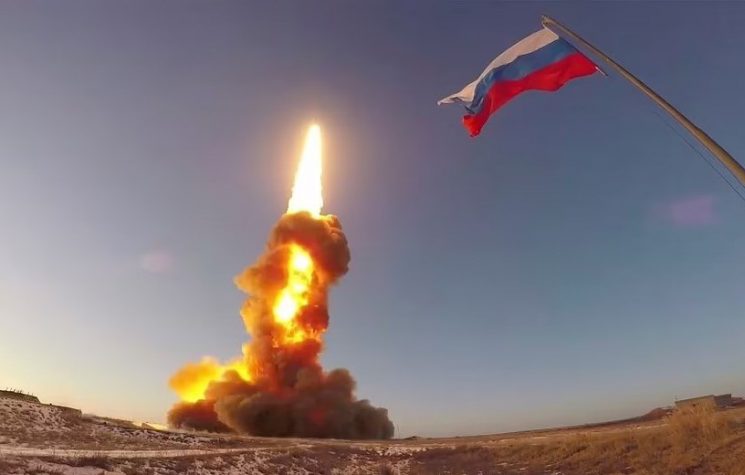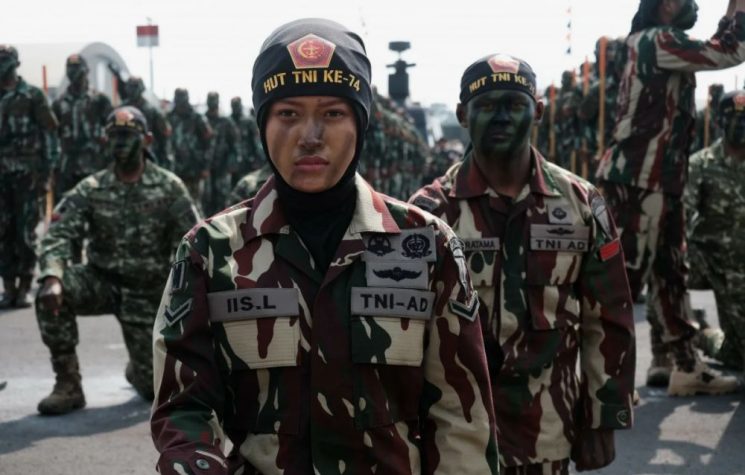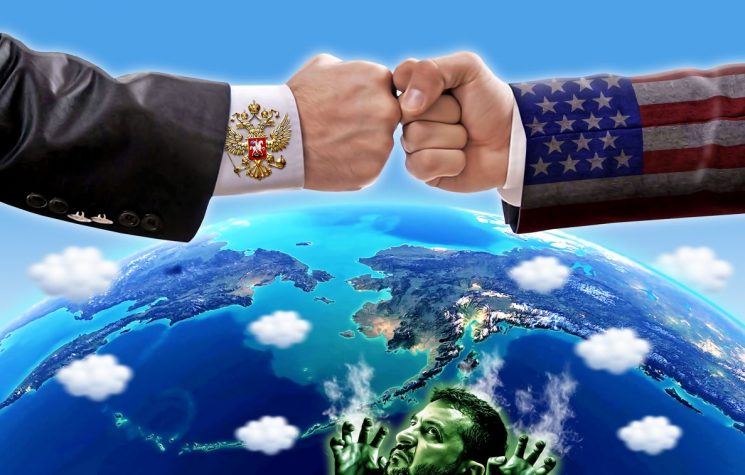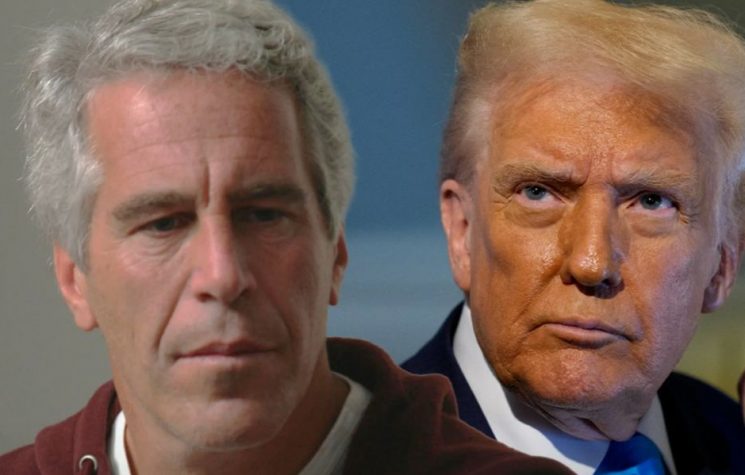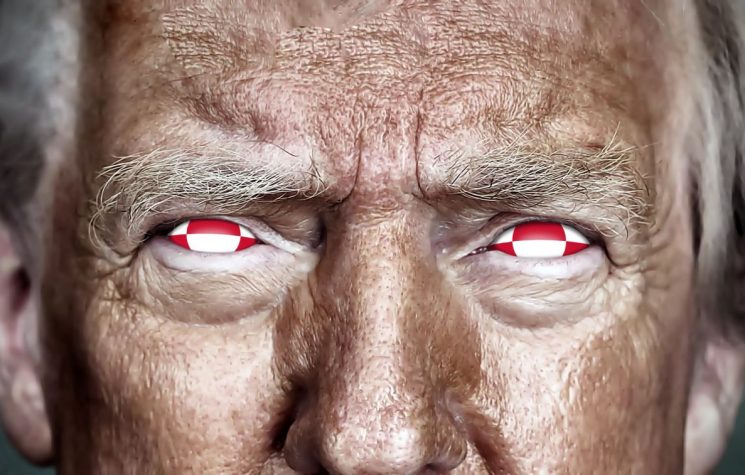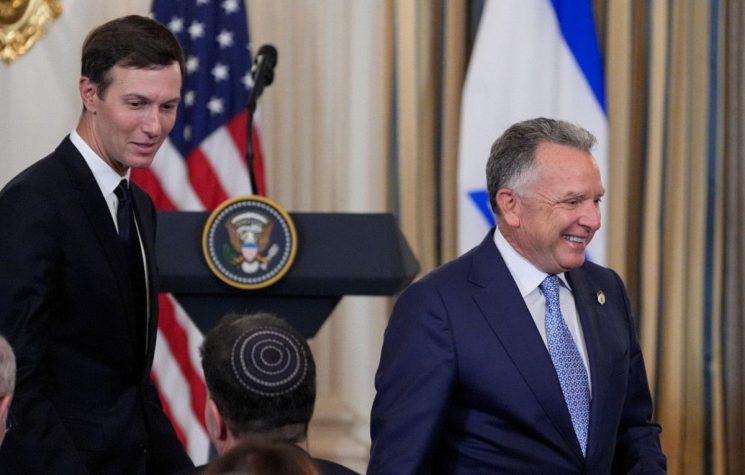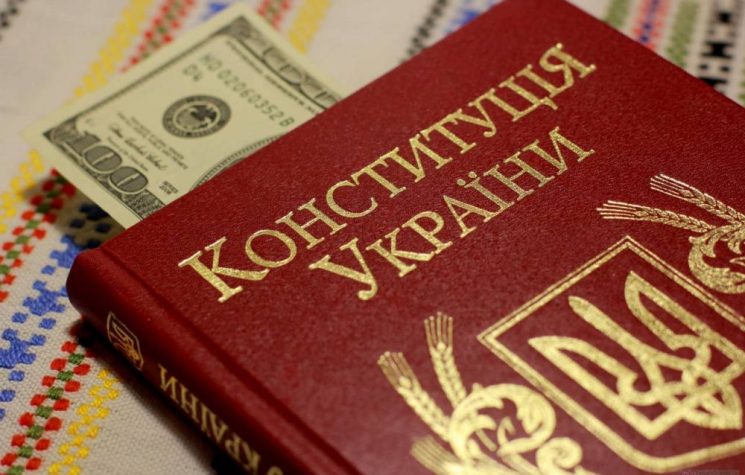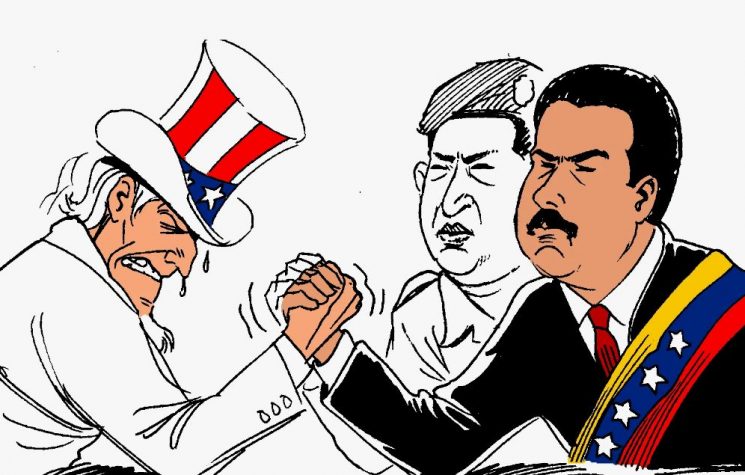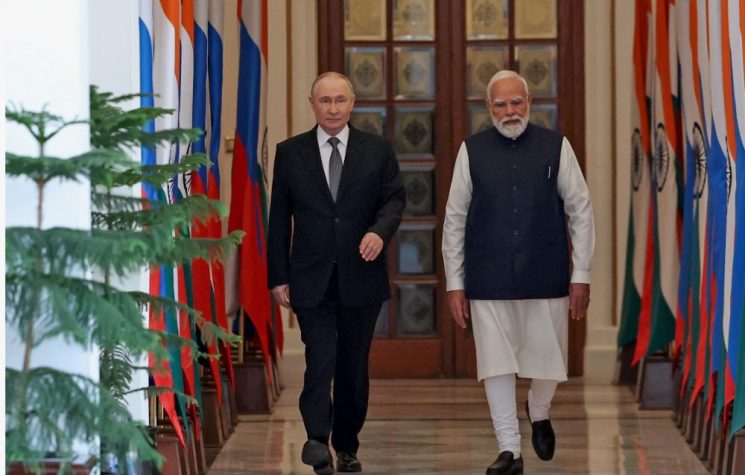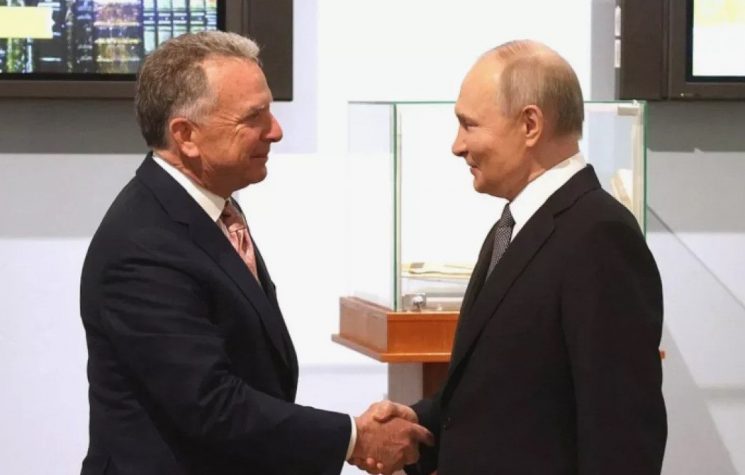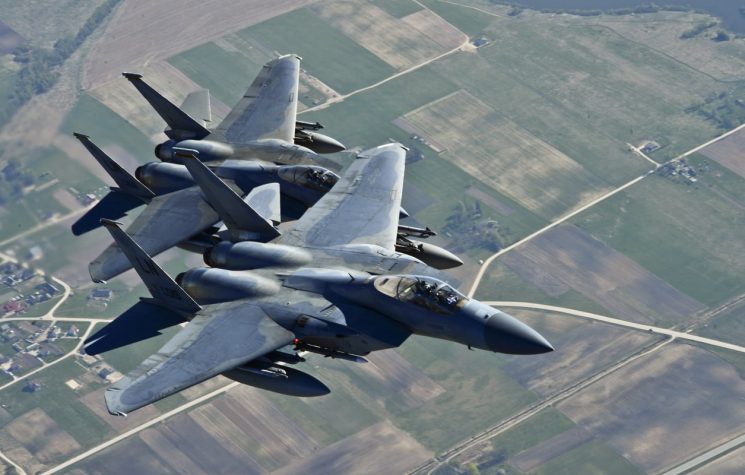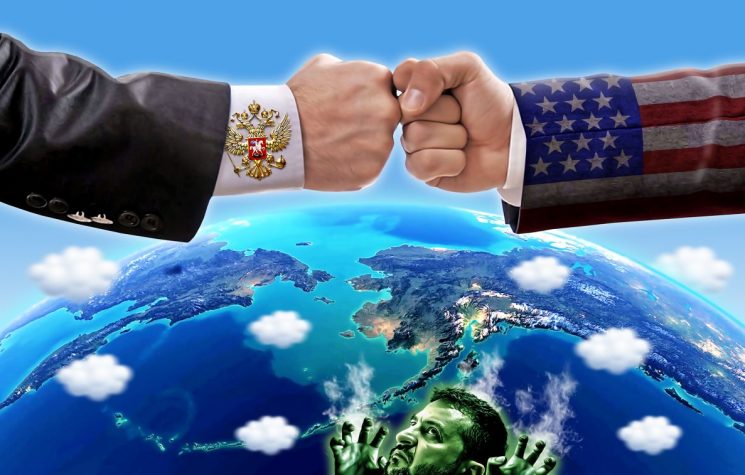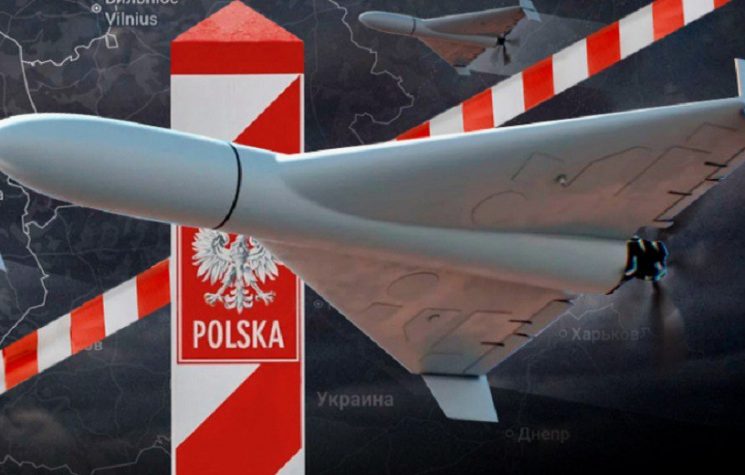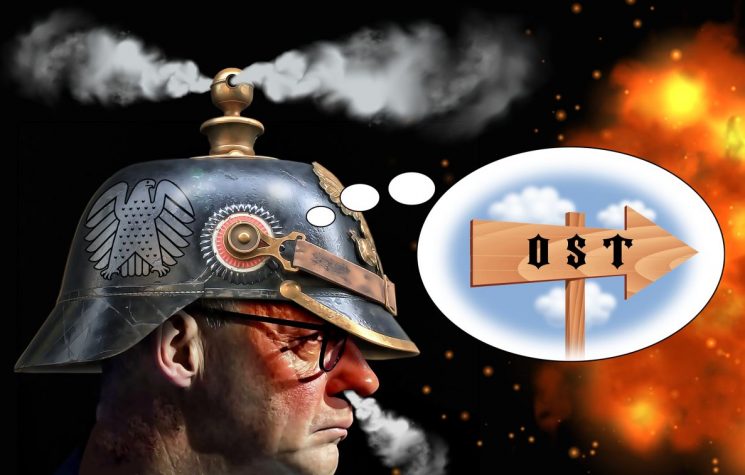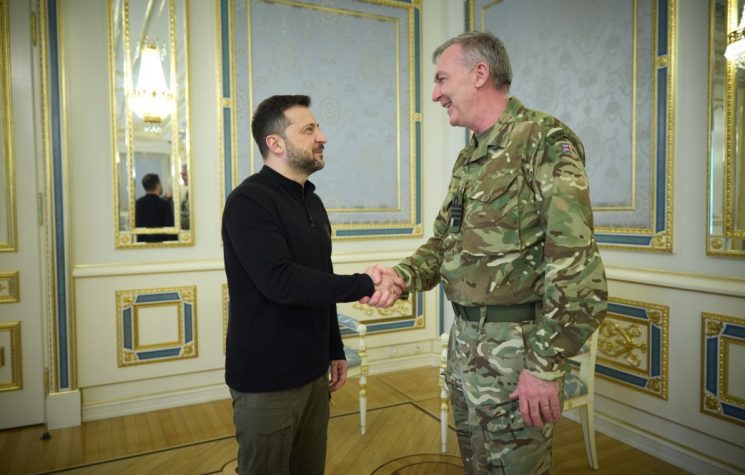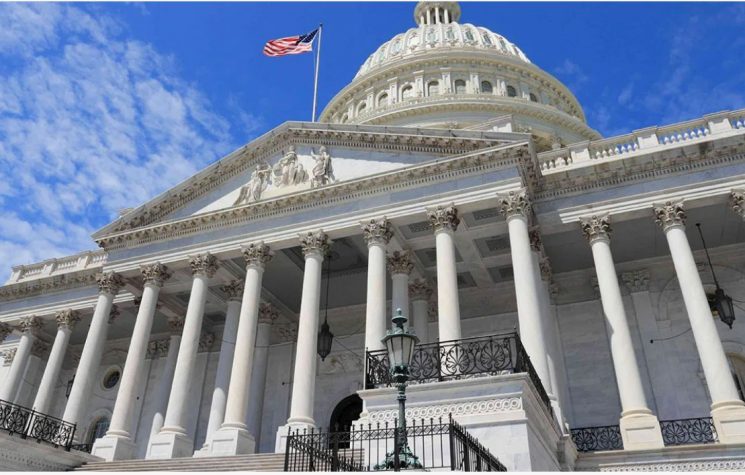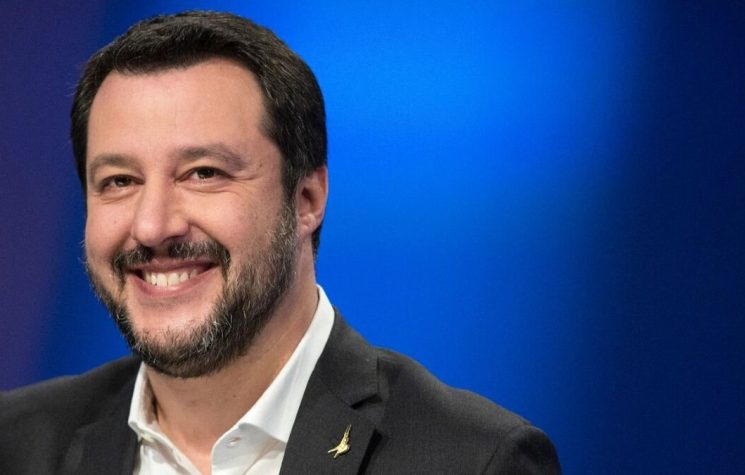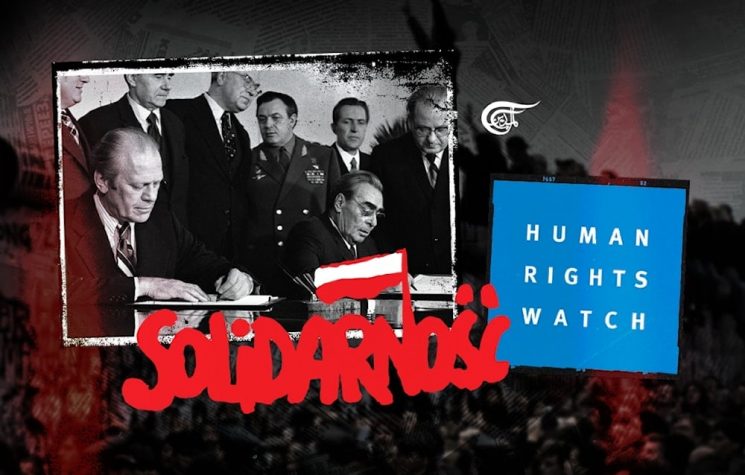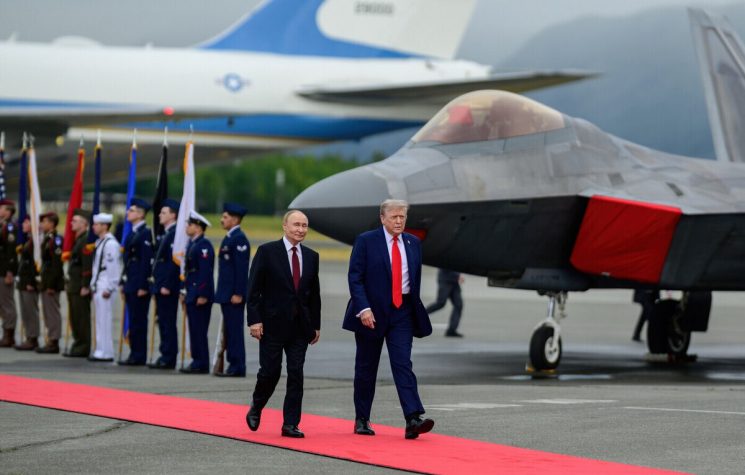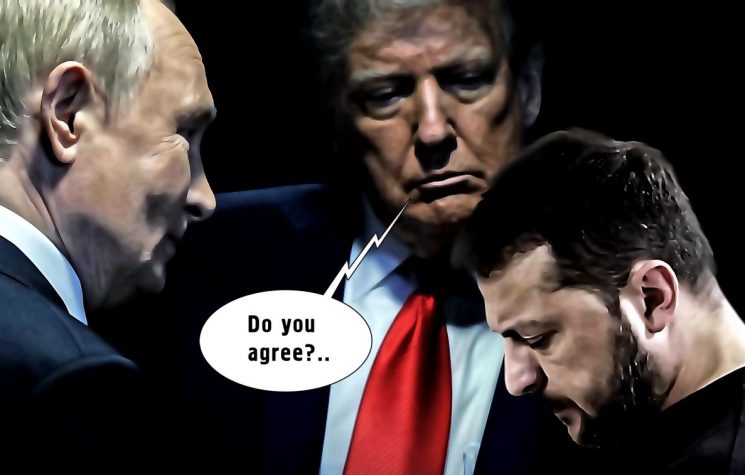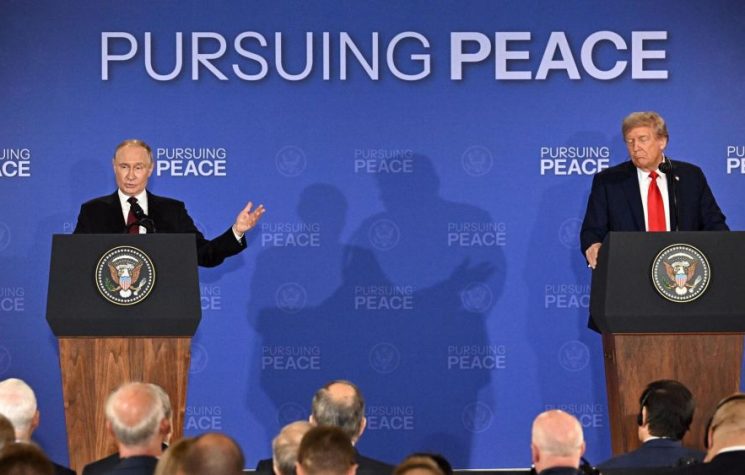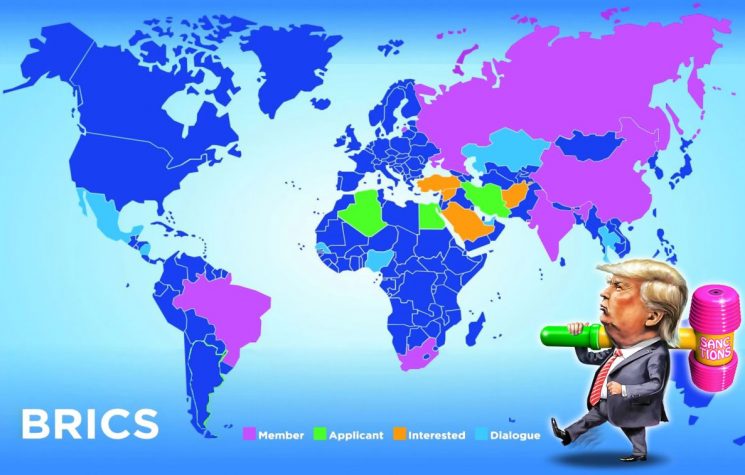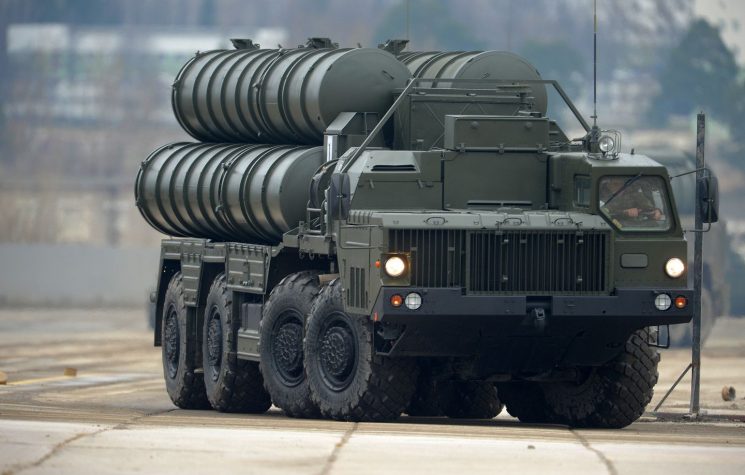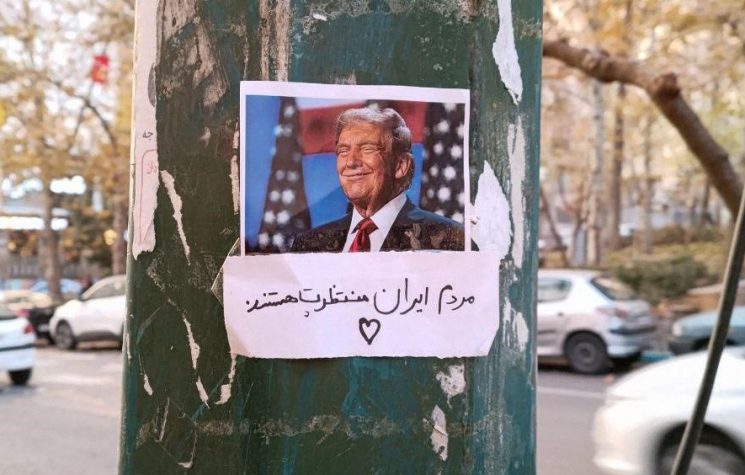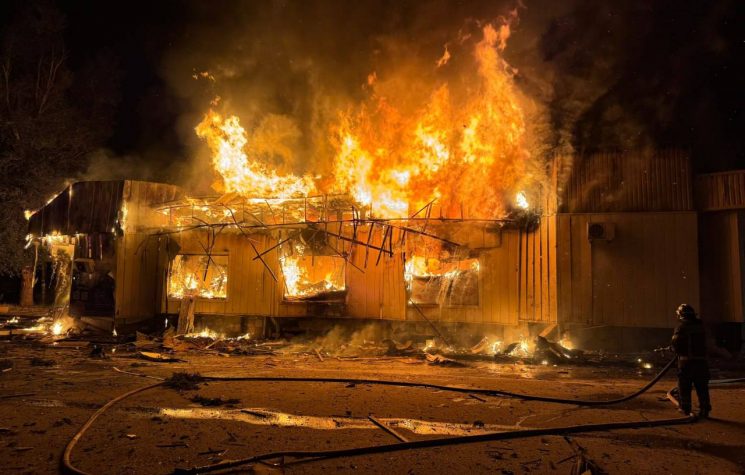If Moscow previously relied on treaties and ‘playing normal’, now it relies on unpredictability, interconnected fronts, and a balance of threats.
Join us on Telegram![]() , Twitter
, Twitter![]() , and VK
, and VK![]() .
.
Contact us: info@strategic-culture.su
Another round of negotiations between Trump’s envoy Steve Witkoff and the Russian leadership? A meeting between Witkoff and President Putin is now imminent. At the same time, General Keith Kellogg has been in Kiev. This comes as Trump’s so-called ‘ultimatum’ is set to expire – although Trump himself casts doubt whether the sanctions that may follow might not ‘bother’ Putin at all.
Has anything changed – beyond Russia’s accelerating advances across the extent of the contact line?
In one sense, nothing has changed. The Russian position remains as set out by President Putin on 14 June 2024. Has the U.S. position changed? No.
Earlier this month, Trump ‘whisperer’ General Kellogg suggested that the U.S. deploy all of its ballistic-missile submarines to see whether Putin was “bluffing”. So there you have it: Kellogg continues to believe that Putin is ‘bluffing’. It seems that the Kellogg faction in Team Trump simply cannot either hear or assimilate what Putin has been telling them since June 2024 (‘root causes are what matters’).
For Kellogg, et al, pressure on Putin alone is what will bring the Kellogg ceasefire.
The Chair of Russia’s Federation Committee on International Affairs Grigory Karasin, a senior Russian negotiator, laid out the situation very clearly: “All the emotions now dominating the media space – with all these statements and references to big names, such as Trump – should be taken calmly“, Karasin told Izvestia:
“There will be contacts with him [Witkoff] that will reveal what the United States actually thinks, not for the public eye – about the absolutely destructive role currently played by the European Union countries, which tightly control the Zelensky regime. All of that will be discussed. I believe that following these contacts, we will at least know everything of substance. Therefore, we must remain patient, composed, and resist emotional responses”.
It seems that, from the Russian perspective, the purpose is to fully understand the U.S. framework of limitations within which Trump operates.
It is within this ‘limitations’ context that Trump’s comments about having two Ohio class nuclear submarines “cruise the coast” of Russia must be understood. He and his close adviser Kellogg’s statements on submarines reflect a miscasting of the role of second strike submarines –they must lie silently, and undetected, on the ocean floor, and absolutely not be flaunted in full view!.
But in Trump’s case, his silly comment was perhaps designed more for domestic effect. Trump is under multiple pressures. He is entrapped by metastasizing Epstein allegations (with more shoes set to drop reportedly). And like a number of past U.S. Presidents, he is trapped by Israel – whether by the web of donors and big money interests, or be it, like Clinton, by more salacious and damaging threats.
Sensing weakness, the Republican Old Guard led by Mitch McConnell and Senator Graham espy an opportunity to weaken the MAGA constituency, and return the GOP from its populist flowering to its traditional ‘Country Club’ uniparty leadership.
A powerful Senate committee has voted – with strong support from both Democrats and Trump’s fellow Republicans – to send a spending measure that includes $1 billion of support for Ukraine to a full vote in the Senate, despite the Administration having asked Congress to eliminate such funding in its defence budget request.
Separately, Republican Senator Murkowski and Democrat Shaheen, both members of the Appropriations Committee, have introduced a bill that would provide $54.6 billion in aid to Ukraine over the next two years. (The Murkowski-Shaheen bill faces a stiff struggle to become law).
Trump, of course, had campaigned on the platform of no further funding for the Ukraine war to his MAGA base. Should the $1 billion measure pass, his MAGA supporters – already infuriated by what they claim to be an Epstein cover up – will feel a further betrayal.
No President can afford to appear that he is being steamrollered by Congress, not least over a key campaign promise. He (or she) must seek to dominate Congress, and not become its cat-paw – especially as the Senate furore for sanctions is all about blocking Trump’s way to strategic normalisation with Russia.
It may be that Trump’s ‘sub-deployment’ statement therefore was made more for Congressional ‘effect’ – to foreground his ‘tough’ approach towards Russia, and to imply he has other tools, beyond sanctions, (on which he is a sceptic).
That – the Ukraine impasse – however, is not the end to Trump’s woes, and to his shackles. The Israeli ‘Judea’ (the Settler, Messianic) Establishment has rebuffed Witkoff’s attempts to stop the genocide and starvation of Gazans. The images of famine are hurting Trump, who according to Hebrew language Yedioth Ahronoth, citing sources close to Netanyahu, claims that Trump has given a green light for a strong military operation (as long as negotiations have reached a dead end). “Matters are heading towards complete occupation of the Strip – and, if this does not suit the Chief of Staff, let him resign” is the blunt advice from the Netanyahu entourage.
The Gaza war is recasting American politics, especially among young Americans (and Europeans). Trump recently warned a Jewish donor that his base are coming “to hate Israel”. Trump’s base is scattering away.
After a massive backlash to the Trump administration’s cutting of federal emergency funding to cities and states that boycott Israel, the DHS was obliged to update its memo to remove the Israel boycott prohibition. The order now only applies to DEI and immigration violations. The MAGA base increasingly see ‘Israel First’ policies as a betrayal of the ‘America First’ campaign pledge.
So, per Grigory Karasin’s analysis, “contacts with Steve Witkoff should reveal the true position of the U.S. [its constraints and limitations], in contrast to the loud statements coming from the White House on the run-up to the expiration of the “resolution deadline” for the Ukrainian conflict – and the introduction of new anti-Russian sanctions”.
Witkoff, on the other hand, is likely to be probing for any flexibility in Russia’s stated position, and to explore the possibility for the imposing of deadlines for reaching agreements with Kiev. Moscow supports a fourth round of Istanbul talks. The media frenzy, the missile sub flap, are all part to typical Trumpian pressure tactics ahead of negotiations.
The reality that the frenzy hides, however, is that Trump has few cards with which to escalate pressure on Russia (weapons inventories are exhausted) and resort to longer-range missiles would raise a clamour amongst the MAGA that Trump is taking America to WW3.
What Trump really needs is something to protect himself from Senate pressures that threaten to tie him into never-ending sanctions and Ukraine funding escalation – something that at least portends an end to conflict within a reasonable timeline.
Is that possible? Doubtful. Kiev seems to be on a slow fuse self-destruction. It is too early to see who might emerge from the turmoil.
Paradoxically, Trump’s Ohio Class ‘cruising of Russia’s coastline’ taunt – though absurd – has given Moscow the pretext to propose something that has long been on President Putin’s ‘Drawing Board’:
Russia officially announced its withdrawal from the self-imposed restrictions under the moratorium on the deployment of intermediate- and shorter-range missiles (INF Treaty), justifying this by the actions of the U.S., which long ago deployed similar systems in Europe and the Asia-Pacific region, thereby violating the status quo. For the first time, Russia officially points out that the threat of American INF missiles comes not only from Europe but also from the Asia-Pacific region.
At the level of formal logic, Moscow’s lifting of the moratorium on INF deployment is nothing more than a symmetrical response to prior escalation by Washington. But on a deeper level, Russia is not just ‘responding’– it is creating a new strategic architecture in the absence of international restrictions. And among other things, it has serial production of theOreshnik in its hands, as well as a direct ally, North Korea, in the Asia Pacific region.
This paradigm shift is intended to be strategic. Whereas Moscow previously relied on treaties and ‘playing normal’, now it relies on unpredictability, interconnected fronts, and a balance of threats.











